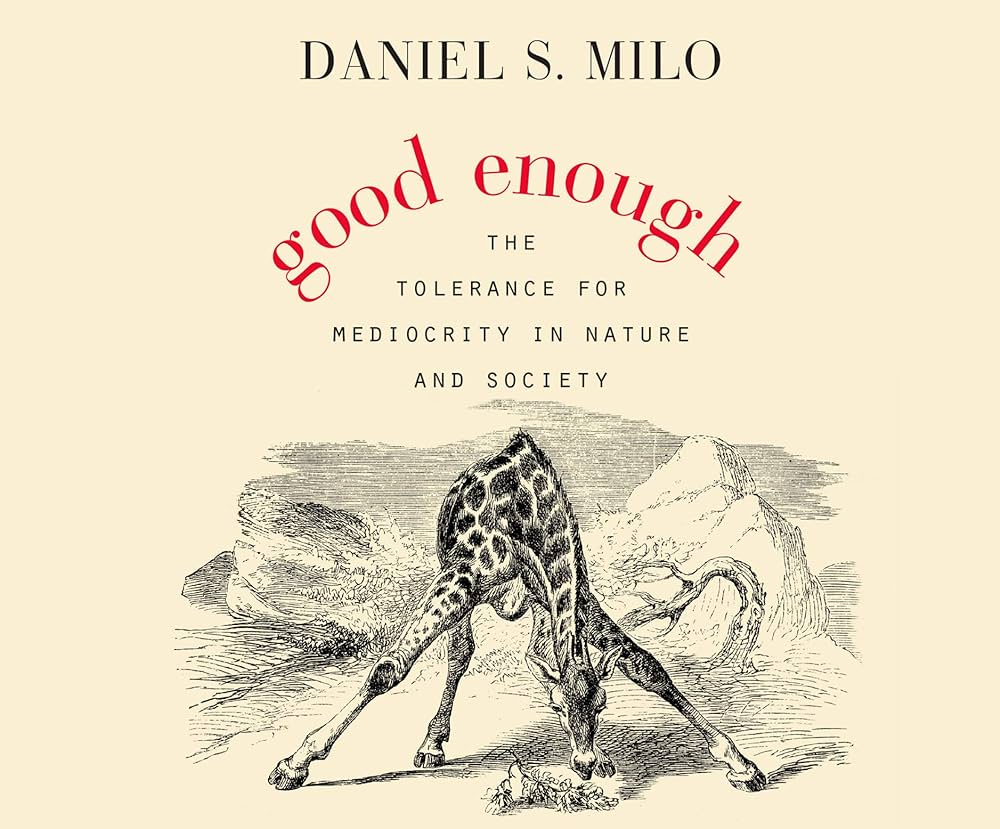
|
Daniel S. MiloGood Enough - The Tolerance for Mediocrity in Nature and Societypp. 64-65 |
Natural selection and eugenics
By inferring natural from artificial selection and thereby favoring selection over elimination and toleration, Darwin not only fostered an enduring intellectual error but also set the table for the horrors of eugenics. His defenders have separated him from this legacy of death and oppression by distinguishing his evolutionary ideas from those of Spencer and Galton and by pointing to his own avowed preferences. Rather than espousing improving the human stock by terminating the unfit, Darwin argued for uplifting the disadvantaged through welfare policies, which he saw as expression of “the instinct of sympathy, which was originally caquired as port of the social instincts, but subsequently rendered…more tender and more widely diffused.” But we should not absolve him so easily. The discoverer of natural selection was certainly humane, but he also warned against the suicidal aspect of his disposition: “No one who has attended to the breeding of domestic animals will doubt that this must be highly injurious to the race of man… Excepting in the case of man himself, hardly anyone is so ignorant as to allow his worst animals to breed.” Again – for the point cannot be made often enough – natural selection describes the way that humans act, not the ways of nature; it ascribes human modes of action to nature. Thus did nature become an authoritative supporter of social competition and hierarchy.